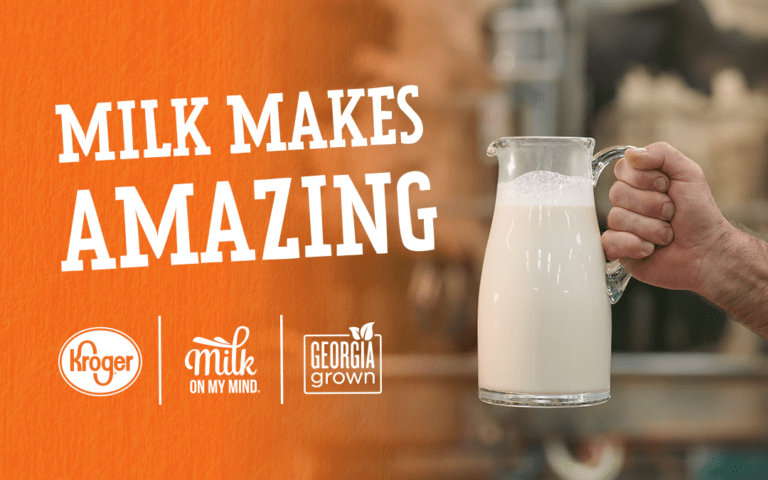146 years. Imagine being in business for more than a century, and then the tent folds.
Nostalgia was in full force last week as we heard about the closing of the Ringling Brothers Circus. Bedlam Farm put it best: “It’s more than a job. It is all they’ve known. These people did not only hear, ‘you’ve lost your job’ tonight. They also heard, ‘you’ve lost your home.’”
The Ringling Brothers defined publicity. Exotic dancing, fire-eating magicians, motorcycles in lions’ cages, sparkle, shine and showbiz. They knew how to fill an arena and wow a crowd. They created magic with the “Greatest Show on Earth.” But, all the glitz and glamour couldn’t save them from the public perception of fear and fallacy.
From Sea World to zoos, and now the circus, animal rights activists are controlling the stories that get told. Negative publicity is slowly creeping into animal agriculture, too. Years ago, we saw legislation pass such as Proposition 2 in California, the national horse slaughtering law and The Safeguard American Food Exports Act. The Humane Society of the United States (HSUS) was behind both. Now, with the closing of Ringling Brothers, they have successfully crushed an American establishment that brought joy into the hearts of children and jobs to those who loved to work with animals.
How?
They tell their story. They are loud. They know how to get others to tell their story for them.
Social media is the loudest bullhorn around. Animal rights activists have long used advertising to share their message – but now they paint pictures online that are tainted with lies. They get others to share these mistruths, and public opinion is the trial you can’t win, even if you do win the case in a court of law.
Let this be a wake-up call to animal agriculture. In an industry that cares directly for animals, farmers need to take control of the story before someone else does it for them. People want authenticity, genuine relationships and trust. Farmers need to tell their stories louder. When only two percent of our population produces 100 percent of our food, a bullhorn is needed.
Be Authentic
You’ve seen the ads, the songs and the cries that animals are mistreated on farms. While animal abuse is a serious subject of concern, the allegations are often false. Farmers are farmers because they love animals and the land. A farm family genuinely can’t make a living, pay for their land and animals and provide food for their families if they do not take care of their livestock. It’s that simple. A dairy cow that is abused will not produce milk – yet so many people don’t stop to think about the simple logic and facts. They instead look to sources online or friends to provide them with information. How can we expect the public not to find farmers guilty in the public perception of animal care if farmers aren’t telling their stories?
Find Your Audience
Don’t just preach to the choir. Of course, other farmers are going to follow your Facebook page and like your posts. Go beyond that audience and reach your neighbors and your community. Make sure you are reaching consumers who are not living on a farm. Chances are, there is a community that doesn’t know you and your farm, even though you’re just right down the street. Talk to them about what really happens every day on the farm. Have conversations about your work and your farm with people everywhere you go – ball games, grocery stores, church and your children’s schools.
Be an AGvocate
The Ringling Brothers were taken to court several times over animal rights issues. And, guess what? They won the cases. But, they didn’t share or publicize the results, so audiences were left to see only the negative content that activists continued to share. Oftentimes, the individuals sharing the negative publicity aren’t credible and have no experience. Being an AGvocate means sharing your farm story with the public and being open about farming practices, economic impact and information about the animals.
Unite People
While it seems that animal rights activists and farmers, circus members and zookeepers are opposites, they actually have one big moral in common: They love animals. Use that common ground to connect with your neighbors and community and show that farmers aren’t the bad guys. Farmers care deeply about their land and animals. It’s their way of life.
This lesson isn’t just for farmers; it’s for all of us. So, where do we start? Get on social media, get active and engage. Get involved in your community, share stories with local journalists and show the public the real you. Because, if you don’t, someone else will.






